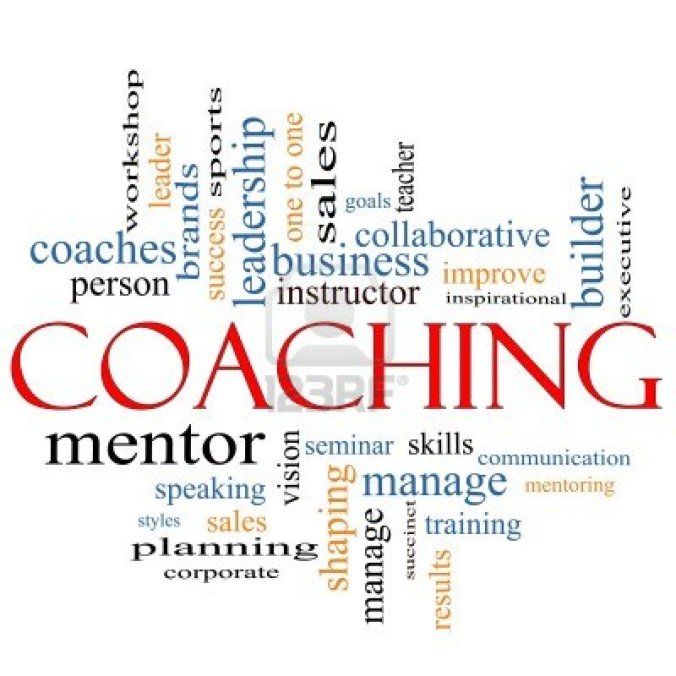It is great to see all the coaches out there with the kids on the fields now that it is spring in the east. All the little sweaty people running back and forth trying to build up stamina for the big game to come. Drills and drills and laps and more drills. Practice, practice, practice. It made me think about my role as a leader and how I coach other people to their personal best.
The word ‘coach’ brings to mind sports heros like, Knute Rockne and Vince Lombardi. And, when I think of a sports coach, I think of someone who is focused on one thing: winning. Even though the great coaches care about the players, everything they are doing is to drive the team to the win at the end of the game. Vince Lombardi, Head Coach of the Green Bay Packers, said “Winning is not a sometime thing; it’s an all-the-time thing.” He accepted nothing less than first place and said that second place was the ‘first loser.’
Here is an example of the most driven coach in history:
I learned a great deal studying sports coaches, and one of those things is that organizational coaching is completely different. The goal for organizational coaching is about the individual and what they learn through the process. “Coaching is unlocking a person’s potential to maximize their own performance. It is helping them to learn rather than teaching them.” (John Whitmore, Coaching for Performance). There is a lot to be learned from the sports analogy but in the workplace, coaching is about the relationship between me and the person I am coaching. There are several things that are important from my side as the coach:
 1. I must be fully engaged with the process and make sure that I am pushing my protege in such a way as to get them to be moving forward. Too many times people wait until the other person brings them problems. When I coach, I set up an agreement with the protege upfront and have defined things that s/he is working on. This relationship is about challenging the other person to improve, to develop new skills or new capabilities. The responsibility to figure out how to get them going sits with me.
1. I must be fully engaged with the process and make sure that I am pushing my protege in such a way as to get them to be moving forward. Too many times people wait until the other person brings them problems. When I coach, I set up an agreement with the protege upfront and have defined things that s/he is working on. This relationship is about challenging the other person to improve, to develop new skills or new capabilities. The responsibility to figure out how to get them going sits with me.
2. I must be an active listener and come prepared with the right questions to engage the protege. Sometimes it is hard with all the distractions around, especially when 90% of my coaching is over the phone and on-line, but the other person deserves my undivided attention. If I am not paying attention, then why am I doing this and who is it benefiting. I make sure to block off sufficient time in my calendar to focus on the protege and the challenge.
3. Coaching for me is also about providing guidance that the other person could not get on their own (or at least not easily). I am here to teach them to fish, not to fish for them. My goal is to provide my protege with tools that they can use going forward that will enhance their abilities, help them make decisions and solve problems, so that over time, they can be self sustaining.
Do you Coach? Do you have a Coach? If you could only give one piece of advice to your next protege, what would it be?
Keep up the good attitude. See you next blog.
– Lorian
Email: thedigitalattitude@gmail.com
LinkedIn: https://www.linkedin.com/in/lorianlipton/
Twitter: https://twitter.com/LorianL
Facebook: https://www.facebook.com/TheDigitalAttitude

